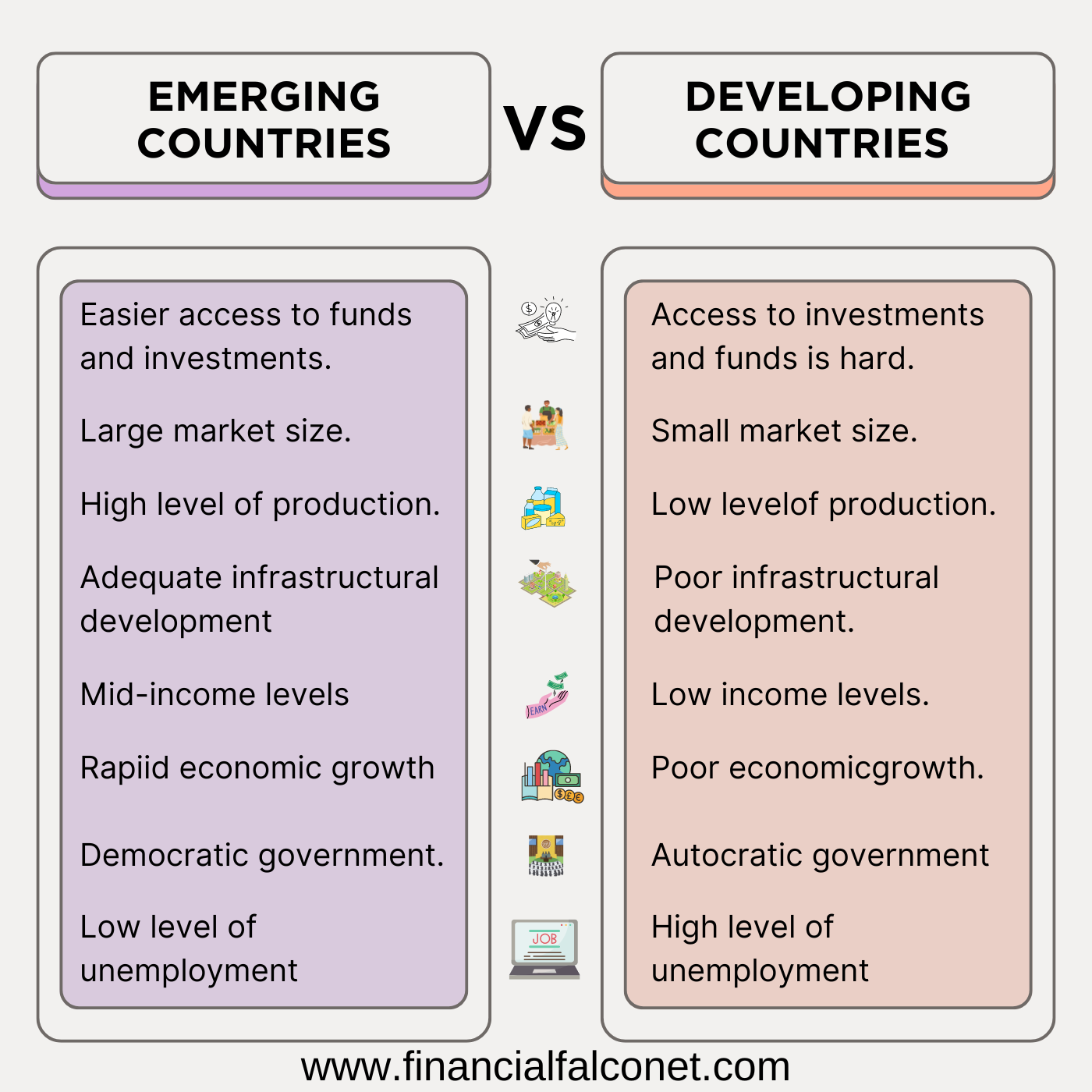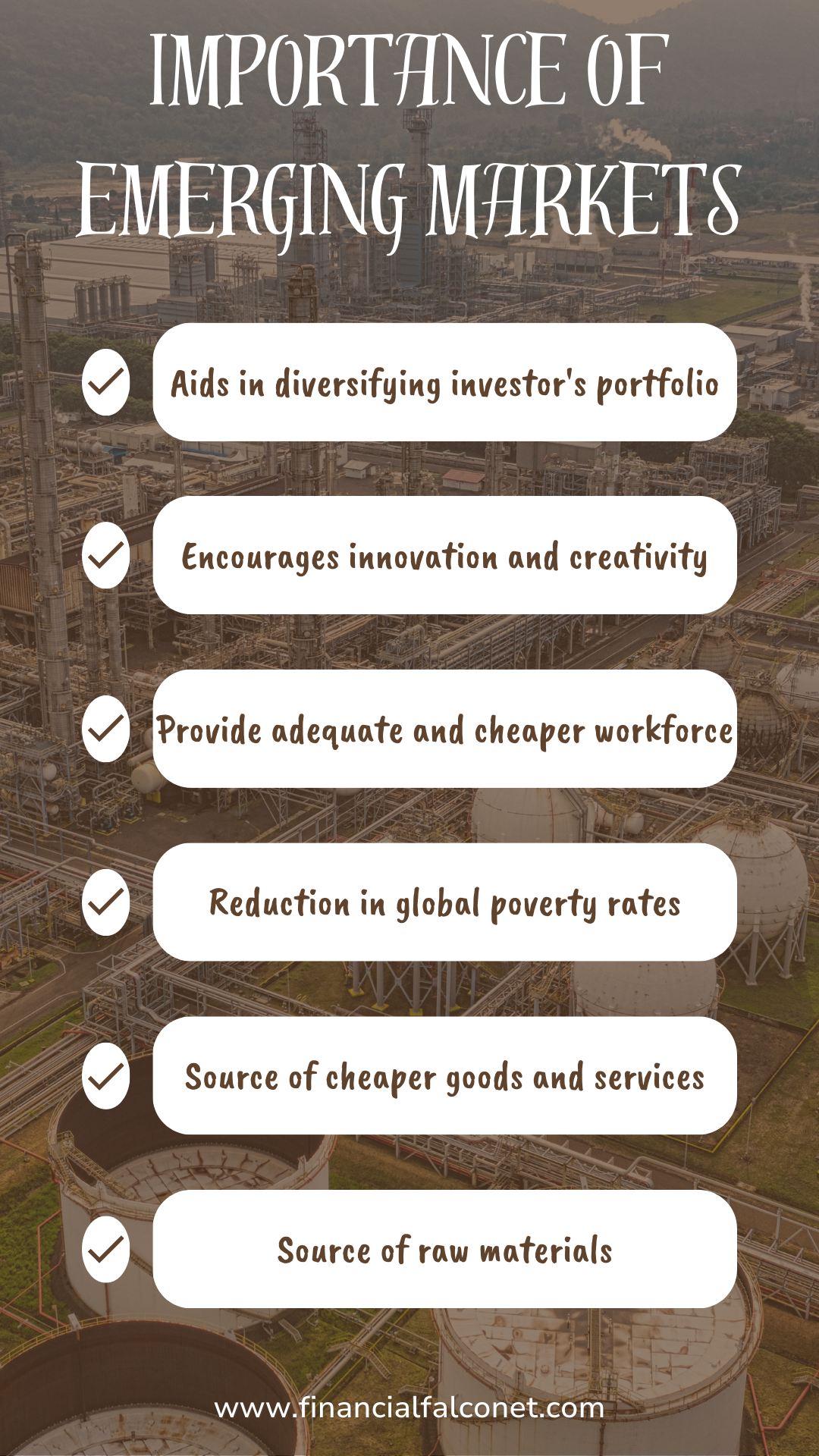
What does socialism mean?
What does socialism mean? Socialism refers to a political and economic theory under which the means of production, distribution, and exchange are owned or regulated by the community as a whole, typically through the government. The goal of socialism is to create a more equal society, where wealth and resources are distributed more fairly among the population. It is often contrasted with capitalism, which is an economic system based on private ownership of the means of production and the creation of goods and services for profit. Let us have a closer look at the meaning of socialism.
Read about: What is a Free Enterprise Economy?
What does socialism mean?
Socialism advocates for the collective ownership and control of the means of production, distribution, and exchange. The goal of socialism is to create a more equal society where wealth and resources are distributed more fairly among the population. In a socialist system, the government or a collective entity owns and controls the main industries and infrastructure, such as transportation, energy, and communication systems. This is intended to ensure that the basic needs of the population are met and that resources are used for the benefit of all, rather than for the profit of a small group of individuals or corporations.
One of the key principles of socialism is the idea of “from each according to their ability, to each according to their need.” This means that individuals are expected to contribute to society according to their abilities and in return, they receive what they need to live a decent life. A prominent feature of socialism is the operation of a planned economy, where the government or collective entity makes decisions about production and distribution rather than the market. This is intended to prevent the boom and bust cycles of capitalism and ensure that resources are used in a more efficient and equitable way.
It is important to note that there are different types of socialism and the specific policies and systems can vary widely. Some forms of socialism include democratic socialism, which combines elements of socialism with a democratic political system, and libertarian socialism, which emphasizes individual freedom and autonomy.

What is socialism in simple terms?
Read about: What is a Mixed Economy?
Socialism explained
Socialism as a system has been in existence for centuries. It dates back to the earliest times of human civilizations when communities came together to work for the common good. This was done through collective agriculture where members of a particular clan would work together in cultivating the land to produce crops that all community members would use. The crops were then shared among households based on needs. The collective agricultural system was implemented in a lot of places for years until the feudal system emerged. The feudal system consisted of serfs working the land for the lords. The lords owned the land and ruled over the serfs who were peasants that did not own land.
As the industrial revolution gained ground around the world through the first and second revolutions, industrialists who owned the factories of that time grew wealthy. The factory workers on the other hand continued to struggle and live under highly impoverished conditions with scant resources and low wages. This disparity in the level of wealth between industrialists and workers was a common occurrence throughout Great Britain and the rest of the world. Socialism emerged during this time as an alternative to the exploitative tendencies that were prevalent then. It was seen as a system that would bring about the improvement of living and other social conditions of the working class.
On the intellectual front, socialism dates back to Plato’s description of a collective society in his work, the Republic. Centuries later, Thomas More depicted an imaginary island whose inhabitants lived and worked communally in his work, Utopia. The work echoed basic Platonic ideals of socialism. Other well-known early socialist thinkers include Robert Owen, Henri de Saint-Simon, Karl Marx, and Vladimir Lenin who expounded on earlier socialist ideas and aided in bringing socialist planning to a national level in Russia.
Modern socialism developed in opposition to the negative effects experienced under liberal individualism and capitalism. Under these systems, western European countries had a high rate of industrial production and an equally rapid rate of economic growth. This brought about the quick raise of some families who were part of the industrialist to riches; other families equally sank into abject poverty. Hence, a disparity was created when it came to the distribution of wealth and income as well as other social concerns.
A common example of a country that practiced socialism is the Union of Soviet Socialist Republics (U.S.S.R.) which is commonly referred to as the Soviet Union. Following the failure of its central planning system, modern socialists have adjusted to a redistributive and highly regulated system that is referred to as democratic or market socialism. Although socialism advocates for communal ownership of the means of production, it does not mean that individuals in a socialist economy do not own some things. For instance, even though factories, capital, land, and other means of production are collectively owned and the profits accruing from production get equitably distributed; individuals still own their personal effects.
In simple terms, socialism is an economic system in which the means of production, distribution, and exchange are collectively owned by the community through the state. It is characterized by production based on usage value rather than exchange value. Other advantages of socialism include the absence of competition among companies that produce goods and services, equality of individual wealth, economic stability, and a planned economy in which the government usually determines investments, prices of goods and services, and production levels.
Which countries are socialist?
Read about: What is one way a market economy affects the lives of private citizens?
Conclusion
What does socialism mean? It is a system of social organization in which the distribution of wealth and income as well as private property are subject to social control. The political movements aimed at putting this system into practice are also referred to as socialism. The concept of social control is interpreted in widely diverging ways, hence, there are different offshoots of socialism ranging from liberal, statist, Marxist, and libertarian.
Under socialism, essential services such as education, healthcare, and transportation are freely available to citizens and funded by the government through taxation. All means of production are collectively owned and personal property is only allowed in the case of consumer goods. The central planners of the economy usually control the flow of capital and resources, consumer and producer behavior as well as investments by overseeing and regulating the market.
The term socialism has been used to describe the ideals of Charles Fourier, Henri de Saint-Simon, and Robert Owen, all of whom emphasized the need for noncoercive aggregation of individuals working noncompetitively for the spiritual and physical well-being of all members of the community. Two individuals who have been widely associated with socialist ideals are Karl Marx and Friedrich Engels; both of whom view socialism as a transition state between capitalism and communism. They appropriated what they found useful in socialist movements to develop another variant of socialism known as scientific socialism.
The most prominent example of a socialist state in the 20th century was the Soviet Union. It had a strictly centralized socialist economy and experienced great economic stability and expansion before its dissolution in late 1991. Although different varieties of socialism have been propounded in the economic, political, and social spheres, a common factor among all of them is the communal ownership of the means of production and a drive toward economic stability through the equitable distribution of wealth and income in any socialist society.


